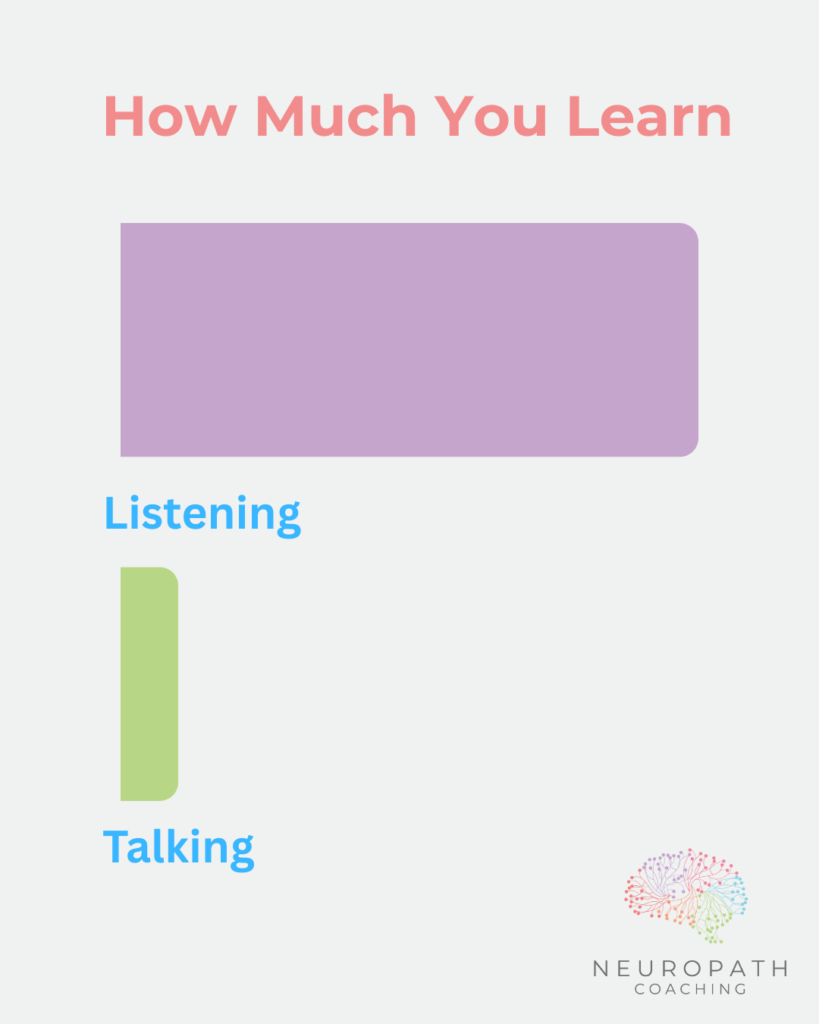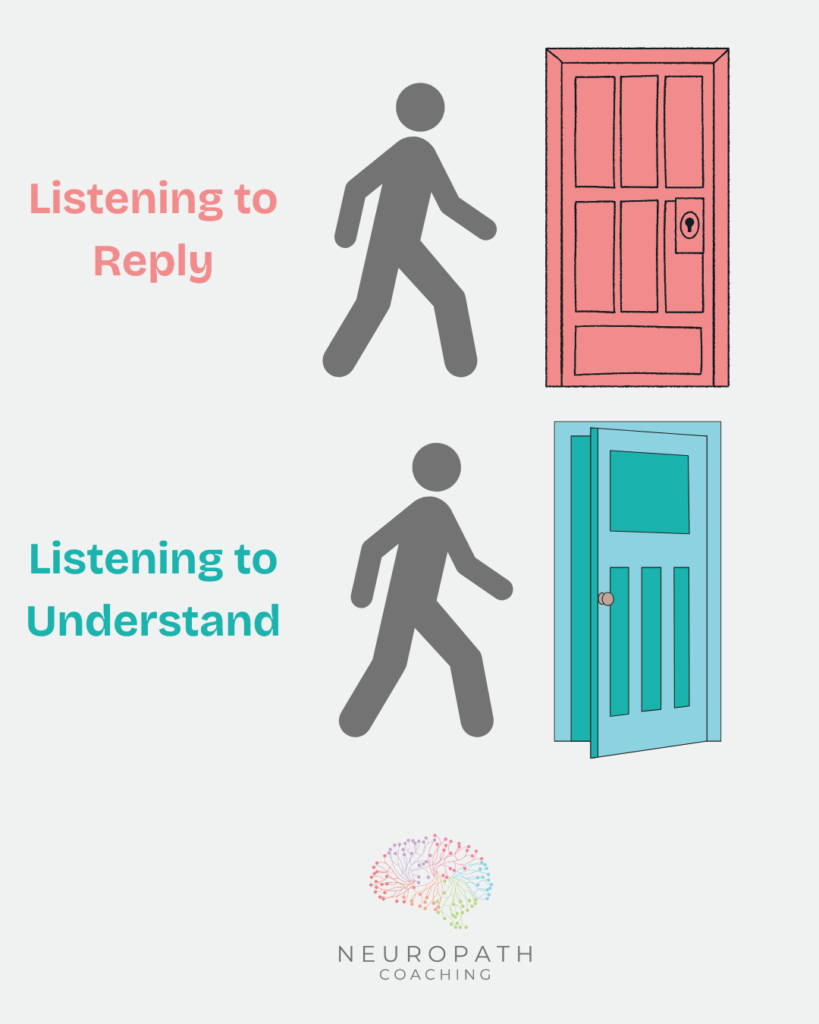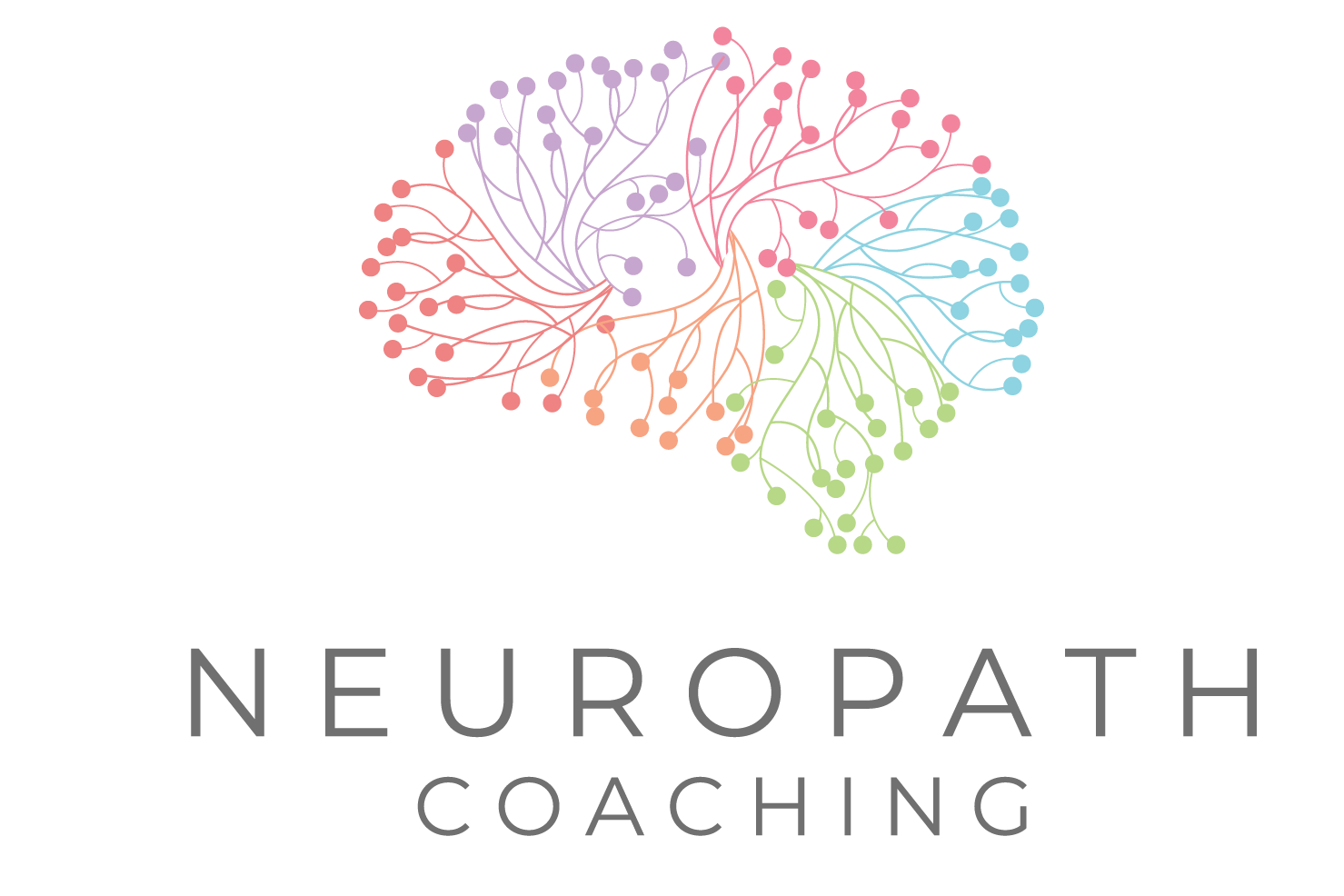Are you Listening?


How often are we truly listening? In a world where communication is fast-paced and responses are expected instantly, genuine listening has become a rare skill.
We often find ourselves preparing our replies while the other person is still speaking, eager to express our own thoughts or prove our point. But in doing so, we miss out on something crucial: understanding the other person’s perspective.
Active listening is more than just hearing words; it’s a conscious effort to truly understand, without judgement or premature response. When we genuinely listen, we create a safe space. It’s a powerful tool for anyone seeking more meaningful relationships, whether at work, at home, or with friends.
Why We Struggle to Listen
Why do we find it so difficult? The answer is cognitive and emotional.
🧠 Cognitive Reasons:
Our brains are wired to predict and prepare. As someone speaks, our brains are already processing and constructing potential responses. This predictive nature is meant to make us efficient communicators, but it often backfires, causing us to miss key points in the conversation.
💬Emotional Reasons:
We all have a desire to be heard and validated. Sometimes, we feel compelled to jump in and share our thoughts or experiences to feel seen and understood. It is a natural drive to connect and assert our presence.
The problem is, when we focus on formulating responses rather than listening, we compromise connection and understanding. This habit is present in friendships, family relationships, romantic partnerships, and workplace conversations alike.
The Impact of Poor Listening
- Shallow Understanding: Conversations lack depth when we are more focused on what to say next than on what’s being said.
- Inhibited Empathy: True empathy requires being fully present and attuned to the speaker’s emotions. When our minds are elsewhere, empathy becomes difficult.
- Damaged Relationships: In personal relationships, a lack of genuine listening can lead to feelings of neglect, frustration, and emotional disconnection.
- Missed Opportunities for Growth: When we don’t truly listen, we miss out on the wisdom, insights, and experiences others are trying to share with us.
Active Listening and Empathy
Research shows that when we fully listen, we activate areas of the brain associated with empathy and understanding.
🪞Mirror Neurons:
Have you ever told someone a story and your emotion is reflected in their response? Maybe they cry or clap with excitement? These are mirror neurons at work. These neurons are part of the brain’s empathy circuitry. When we listen to understand, our mirror neurons reflect their emotional state, allowing us to feel what they feel.
🧩Prefrontal Cortex Activation:
Active listening engages the prefrontal cortex, the area of the brain responsible for cognitive empathy, emotional regulation, and decision-making. The more we practise genuine listening, the stronger these neural pathways become.
Practical Tips for Becoming a Better Listener
- Silence Your Inner Voice: Notice when your mind is trying to formulate a response. Gently bring your focus back to the speaker.
- Practise Reflective Listening: Instead of responding right away, try paraphrasing what the other person has said. For example, “It sounds like you’re feeling frustrated because your ideas aren’t being acknowledged.” This allows them to reflect on what they are saying.
- Ask Open-Ended Questions: “What was that like for you?” or “How did that make you feel?” can help the speaker to understand their emotions.
- Use Nonverbal Cues: Use body language as a form of response. Nodding, maintaining eye contact, smiling and leaning slightly forward signal that you’re fully present and engaged.
Active listening is more than a skill; it’s a commitment to be in the present moment. It’s about silencing your own thoughts long enough to truly understand someone else’s.
For anyone looking to build stronger, more meaningful connections, it’s a tool worth mastering.
If you enjoyed this article, please subscribe and join the community!
